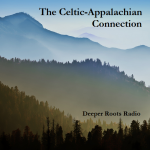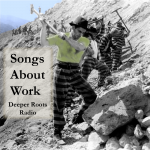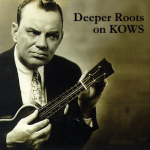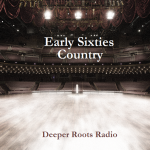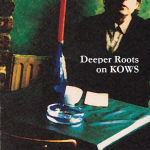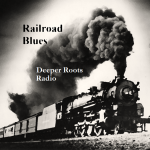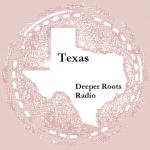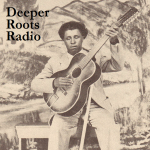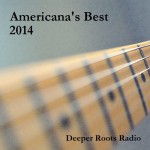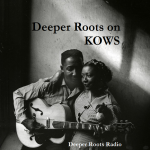
It’s our regular (well, even Saturday mornings) show featuring an early country and bluegrass set featuring new sounds from Steve Earle and Robert Earl Keen, Jr. alongside the classic sounds of Buck Owens, Leon Chappell and The Louvins. We’ve got gospel and blues as well as a rare set of sounds from the second omnibus of “The Rise and Fall of Paramount Records”, classic late twenties country and blues. Stay tuned for your morning dose of brew d’Roots and American Roots Breakfast Tea on a spring Saturday morning in West Sonoma County.
